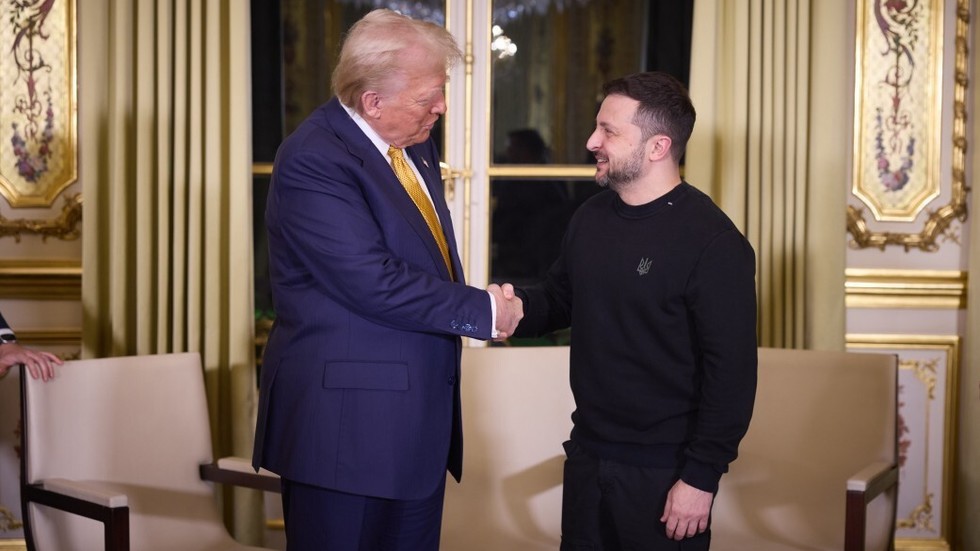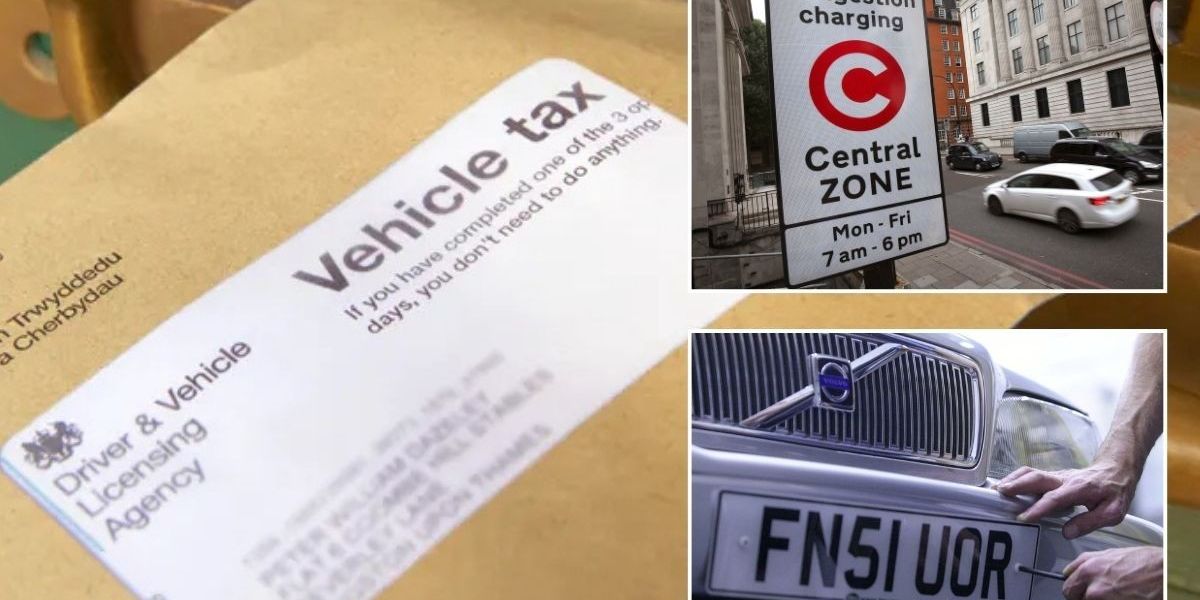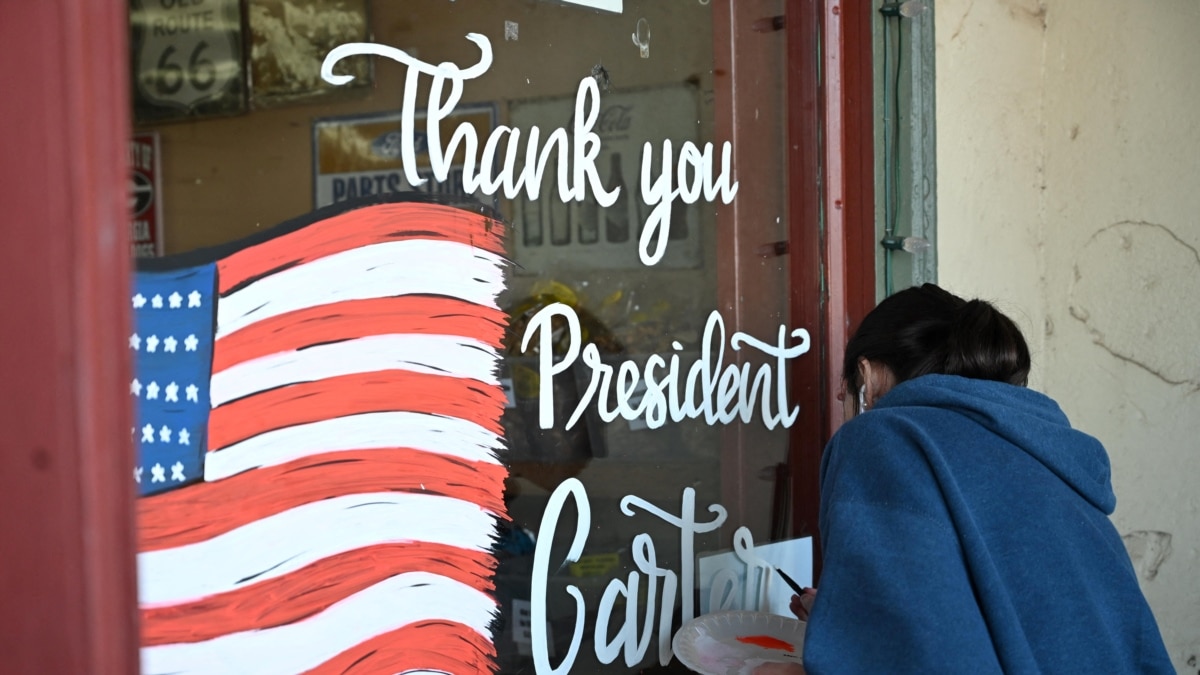Iran and Turkey are vying for dominance, impacting regional stability, alliances, and Israel’s strategic challenges in an evolving geopolitical landscape.
By DAVID BEN-BASAT JANUARY 4, 2025 13:33 HOUTHI MILITARY spokesman Yahya Saree delivers a statement in Sanaa, Yemen, last month. The Houthis, a Shia terrorist organization backed by Iran with weapons and logistical support, have seized Sanaa, challenging the elected government, says the writer.
(photo credit: KHALED ABDULLAH/REUTERS)
HOUTHI MILITARY spokesman Yahya Saree delivers a statement in Sanaa, Yemen, last month. The Houthis, a Shia terrorist organization backed by Iran with weapons and logistical support, have seized Sanaa, challenging the elected government, says the writer.
(photo credit: KHALED ABDULLAH/REUTERS)
The conflict between Sunni and Shia Muslims remains one of the central features shaping the political and religious dynamics of the Middle East.
Rooted in Islamic history since the 7th century, this divide has evolved into a broad political and ideological battle, exploited by regional powers such as Iran and Turkey to extend their influence, fueling clashes between the two sects. Islam is divided into two main branches: Sunni Muslims, who make up about 85% of the Islamic world, and Shia Muslims, who represent around 15%.
Conservative Sunni rhetoric often regards Shias as heretics and even infidels, citing accusations like those against Aisha, the wife of the prophet Mohammed, of betrayal and attributing superhuman qualities to Shia imams, elevating them to a status comparable to that of the prophet himself.
Sunni conservatives base their views on classical fatwas, such as those by 13th-century theologian Taqi al-Din Ibn Taymiyyah, who declared Shias/Shi’ites to be more heretical than Jews, Christians, and idolaters, likening them to the Crusaders and Mongols of his era. These ideological differences have spiraled into political struggles, with each side vying to dominate the region’s key states.
IRAN, AS the Shia stronghold, sees itself as the ideological leader of Shia Muslims worldwide.
Since the Islamic Revolution of 1979, it has sought to expand its influence by creating a “Shia crescent” that includes Iraq, Syria, and Lebanon, and the Houthis in Yemen. However, Iran’s heavy investment in supporting Bashar al-Assad’s Alawite regime in Syria has largely gone to waste, undermining its efforts.
The Houthis, a Shia terrorist organization aligned with the Zaydi branch and backed by Iran with weapons and logistical support, have seized Yemen’s capital, Sanaa, challenging the elected government. Controlling the Bab al-Mandab Strait, the Houthis have become a headache for Egypt, whose Suez Canal revenue has dropped significantly due to decreased maritime traffic, and for Israel, which faces daily missile attacks from Yemen.
Iran’s backing of Assad aimed to maintain the geographical link between Tehran, Iraq, Syria, and Beirut, ensuring that weapons can reach Hezbollah and pose a direct threat to Israel.
Turkey's aim for Sunni hegemony
Conversely, Sunni rebels supported by Turkey, Saudi Arabia, and Gulf states challenge Iran’s interests in Syria and Lebanon. Over the years, Iran has provided military, logistical, and financial aid to Assad and the Shia militias fighting alongside him to counter the rise of Sunni forces backed by its regional rivals.
Under Recep Tayyip Erdogan’s leadership, Turkey has positioned itself as a leading Sunni power. Unlike Iran, Turkey supports the Syrian opposition, primarily Sunni, and seeks to diminish Iranian influence in the region. Turkey has focused on northern Syria, offering military and strategic support to Sunni rebels.
Stay updated with the latest news!
Subscribe to The Jerusalem Post Newsletter
Despite economic interdependence, including Iranian oil exports to Turkey, tensions between the two nations remain high.
Turkey opposes the establishment of an independent Kurdish state in northern Syria, while Iran occasionally supports Kurdish groups when this aligns with its strategic goals. The competition for leadership in the Islamic world exacerbates tensions: Turkey sees itself as the historical leader of Sunni Muslims, while Iran promotes its Shia ideology.
THE PALESTINIANS, mostly Sunni, are often caught in the middle of this conflict. Hamas, the dominant Islamic movement in Gaza, received Iranian arms and diplomatic backing but was deeply disappointed when Hezbollah refrained from joining its attack on Israel on October 7.
Turkey presents itself as a steadfast ally of the Palestinians, particularly of Hamas. Erdogan frequently criticizes Israel’s policies toward the Palestinians, using their plight to bolster his standing in the Muslim world. However, Turkey’s involvement has been relatively limited compared to Iran’s.
The Sunni rebels in Syria comprise a diverse mix of groups, ranging from extremist factions such as ISIS and Jabhat al-Nusra to more moderate groups supported by the West and Turkey. These rebels have long fought Assad’s forces, backed by Iranian-linked Shia militias, in a struggle intertwining religious ideology with political and economic interests.
Israel has maintained a cautious policy amid this conflict, occasionally aiding Kurdish rebels along its northern border to weaken both Turkey and Iran. Israeli support has included humanitarian aid and occasional airstrikes against Iranian targets in Syria.
The Sunni-Shia conflict in the Middle East transcends religion, representing a clash of interests among regional powers vying for influence. While Iran and Turkey embody opposing sides, the involvement of Palestinians, Sunni rebels, and other forces complicates the struggle.
RUSSIA ADDS another layer to this volatile mix. Despite military cooperation between Russia and Iran, including the provision of advanced missile systems, their relationship is fraught with fundamental disagreements. Their alliance, born of a mutual need to support Assad’s regime in Syria and counter Western influence, now faces new challenges.
Turkey’s increasing involvement and Assad’s fall have added new dimensions to this tension, exposing gaps in their strategic interests. Russia supplies Iran with advanced missile systems to counter American and Israeli threats, while Iran provides drones to support Russia’s war in Ukraine and its quiet struggle against the West.
The collapse of Assad’s regime dealt a severe blow to both Iran and Russia, albeit in different ways. For Iran, Syria was a critical part of the Shia crescent, offering regional influence. Assad’s fall severed the land bridge between Iran, Syria, and Hezbollah in Lebanon.
Under Erdogan, Turkey has become a central player in Syria, adopting a firm stance against Kurdish forces in the north, who are often allied with the US and sometimes with Israel. Erdogan, no friend of Israel’s, leads a NATO member state, giving the US both influence and an interest in leveraging Turkey to stabilize the region.
Incoming US president Donald Trump has already stated that the primary beneficiaries of Assad’s downfall are Israel and Turkey.
THE MIDDLE East’s geopolitical landscape is undergoing dramatic changes, presenting Israel with both opportunities and risks. The Jewish state must now reshape its regional, security, and diplomatic policies to adapt to the evolving realities.
Assad’s fall has shaken the Shia axis, strengthening Israel’s military capabilities in the region, including securing strategic territories in the Syrian Golan Heights and conducting airstrikes against hostile, often Iranian, targets.
However, Sunni forces like ISIS or Al-Qaeda-affiliated groups could seize parts of Syria, threatening regional stability. Israel may face a scenario where its northern border becomes a zone of instability, with new threats, including infiltration and attacks by extremist groups. Israel must strike a balance between weakening Iran and Hezbollah and preventing the rise of Sunni extremists, which pose an equally severe threat.
In the meantime, Abu Mohammed al-Julani, the new Syrian leader, has begun sending conciliatory messages to Iran, the US, and Russia. In an interview with the Saudi newspaper Al-Arabiya, al-Julani stated that armed groups in the country, including Ha'yat Tahrir al-Sham (HTS), would be disbanded, and he emphasized Syria’s commitment to relations with Moscow. He also expressed hope that President-elect Trump would lift sanctions on the country.
How these conflicting messages will align remains to be seen. Only Julani has the answers.
Trump’s inauguration in a few weeks marks the beginning of a new era in the US’s Middle East policy. Unlike his predecessor Joe Biden, who maintained complex relations with Israel and focused on the Iran nuclear deal, Trump promises a more favorable approach to Israel and support for its regional policies.
Although Trump has pledged strong support for Israel, including strengthening the strategic alliance and appointing pro-Israel officials to his administration, his unpredictability could impact his handling of the Iranian nuclear challenge, Israel’s top priority. Nevertheless, Trump has vowed to prevent Iran from acquiring nuclear weapons, and Israel expects him to keep this promise.
On the Israeli-Palestinian conflict, Trump plans to depart from traditional US policies, potentially focusing on improving economic and security ties between Israel and moderate Arab states, rather than pushing for a two-state solution.
Trump’s desire to expand the Abraham Accords and his aspirations for a Nobel Peace Prize present an opportunity for Israel to deepen ties with moderate Arab states, sharing common interests regarding Iran and extremist Islamic terrorism. These shared interests provide a foundation for strengthening security, economic, and diplomatic cooperation in the region.
Another challenge for Israel is Turkey’s announcement that it is establishing two large military bases near Homs in Syria, equipped with advanced air defense systems. Turkish Foreign Minister Hakan Fidan stated that these measures aim to prevent Israeli airstrikes.
The establishment of these bases represents a significant development for Israel, as they could threaten its air force’s operational freedom in the Syrian theater. Turkey’s air defense capabilities could shift the regional balance of power, complicating Israeli operations against Iran and its militias still active in the region.
Reports suggest Turkey is also considering a third base near Damascus, further solidifying its regional presence and posing an additional strategic challenge to Israel.
Now, we must wait and see what the new Middle East will look like in the Trump era.
The writer is CEO of Radios 100FM, honorary consul general of Nauru, vice dean of the Consular Diplomatic Corps, president of the Israeli Radio Communications Association, and vice president of the Ambassadors’ Club.

 By The Jerusalem Post (World News) | Created at 2025-01-04 11:40:07 | Updated at 2025-01-06 12:24:04
2 days ago
By The Jerusalem Post (World News) | Created at 2025-01-04 11:40:07 | Updated at 2025-01-06 12:24:04
2 days ago








